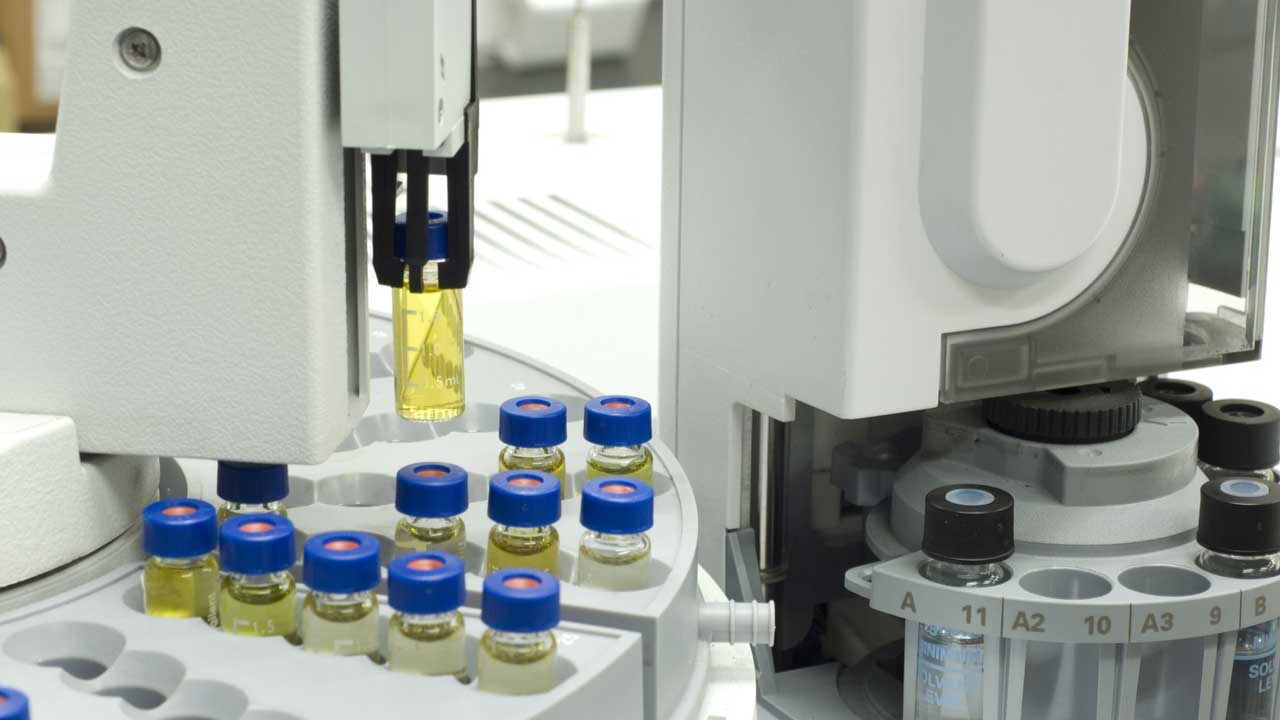 •Society charges govt to raise capacity of practitioners, improve on facilities
•Society charges govt to raise capacity of practitioners, improve on facilities
The Society of Testing Laboratory Analysts of Nigeria (SoTLAN) has revealed that though the society has over 1,200 registered analysts, there are actually less than 50 registered analytical laboratories in the country in the food, pharmaceutical, environment and petroleum sectors.
The Society at a press briefing ahead of the 4th Conference of Public Analysts charged the Federal Government on the need to raise the capacity of analysts in the country and also improve on their facilities.
President of SoTLAN, Prof. Olugbenga Ogunmoyela, said that analysts carry out laboratory analysis and other related functions on food, drugs, medical devices, cosmetics, water, chemicals and other products and they also issue certificates of fitness or otherwise on the products for the purpose of human use.
Ogunmoyela said, “Though the law empowers public analysts to operate independent analytical laboratories in the country and offers services to individuals, public and organisations at prescribed fees. Even with the presence of a few specialised and excellent local analytical laboratories, many of them lack capacity and are struggling in the face of infrastructural challenges, constantly rising costs of imported equipment and reagents, which has made it difficult for us to undertake effective planning and competitiveness.”
The 2022 conference, with the theme, “Building Capacity for Global Competitiveness of Testing Laboratories”, held from Tuesday 14th of June to Thursday, 16th of June.
Speaking on the topic, the president said that the issue came on the heels of concerns over increased use of foreign laboratories for analysis of various foods, pharmaceuticals, medical devices, petroleum products as well as environmental analysis samples due to perceived lack of capacity in local laboratories.
He added, “For a nation which is in dire need of conserving its foreign exchange resources by looking inwards, the need for government and all stakeholders to empower local analytical laboratories by supporting this capacity development initiative is timely and crucial if we are to make maximum benefit of the African Continent Free Trade Area Agreement.
“With less than 50 registered laboratories in Nigeria today who have achieved international accreditation due mainly to lack of support, compared to over 500 accredited laboratories in South Africa, the country cannot effectively maximize the opportunities in this sector in the certification of quality of our products as well as imports, for the growth of our economy.”
Ogunmoyela pledged that the society is determined to address headlong the debilitating challenges that have continued to hold the country back on various local and international fronts, in terms of quality assurance traceable to analytical laboratories.
“The fact that Nigeria and other African Countries suffer product rejects and humiliation in the international/world market is traceable to this singular factor. The quantum of money the nation loses yearly to products rejects and capital flight by those organisations and individuals that outsource their products analysis outside the country runs into billions of dollars yearly.
“Added to this unsavoury saga of importation of adulterated petroleum products into the country as recently witnessed, all these constitute unnecessary and preventable loss of income to the country.”
Finally, he noted that Nigeria could no longer afford to have its analytical laboratories ill-equipped in the face of the prevailing global and regional competition.
He called on all industry captains, laboratory owners and employees, commodity importers and exporters, government regulatory agencies, product consumers, government policy makers, public opinion leaders and the general public to partner with them.






